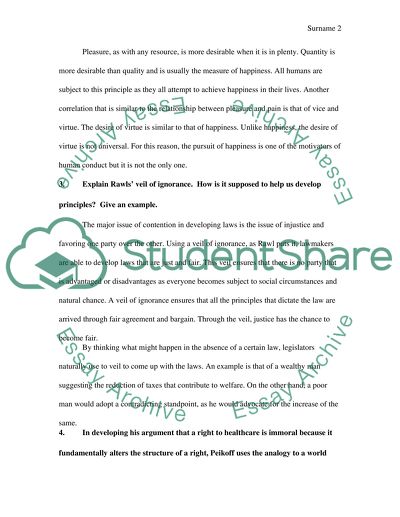Cite this document
(“Term Paper Essay Example | Topics and Well Written Essays - 1250 words - 5”, n.d.)
Retrieved from https://studentshare.org/philosophy/1648460-term-paper
Retrieved from https://studentshare.org/philosophy/1648460-term-paper
(Term Paper Essay Example | Topics and Well Written Essays - 1250 Words - 5)
https://studentshare.org/philosophy/1648460-term-paper.
https://studentshare.org/philosophy/1648460-term-paper.
“Term Paper Essay Example | Topics and Well Written Essays - 1250 Words - 5”, n.d. https://studentshare.org/philosophy/1648460-term-paper.


